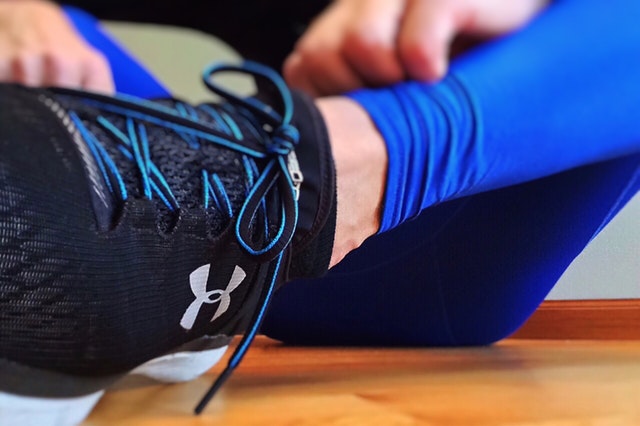We don’t often think about our veins until we have a problem with them, whether it’s painful varicose veins or a more serious disease or condition. You may know you can’t live without them — they are responsible for carrying blood to your heart, but what else is there to know? Check out these 10 interesting facts about veins to learn more about this important part of your body.
History
Varicose veins occur in up to 35 percent of all adults, but they are not a new problem. The first known case of the issue dates all the way back to 86 BC when a Roman general named Caius Marius wrote about the pain he endured because of his own vein problems.
Women
Several factors can go into determining who gets varicose veins. Family history, age, pregnancy, and lifestyle are a few. However, women are far more likely to develop them than men, thanks to hormone fluctuations associated with puberty, menopause, pregnancy, and birth control pills.
Spider Veins
While varicose veins typically occur in the legs, spider veins are a different story. They can occur anywhere, including your face. Luckily, you can treat them.
Animal World
While being overweight can increase your risk of developing vein issues due to the added pressure of the weight, the animal world has it pretty easy. Giraffes have more pressure on their legs than any other creature, but because their skin is so thick, they don’t develop varicose veins.
Flexibility
Up to 70 percent of your blood is located in your veins at any given time. But because your veins are so flexible, they can handle major changes to your blood volume. For example, if you have a transfusion or suffer a hemorrhage, they can react and adapt quickly.
Length
If you could take all of the veins from your body, along with your arteries and capillaries, and lay them in a straight line, they would likely be around 60,000 miles in length. That is more than twice the circumference of the Earth.
Blood Pumping
Every day, your heart pumps over 1,800 gallons of blood through your veins and other vessels. Over the average lifespan, millions of gallons of blood will pump through your system.
Weather
Did you know that the conditions outdoors can affect your veins and other blood vessels? When it’s hot outside, they expand, releasing heat and cooling your body temperature. On cold days, they restrict to conserve heat and energy.
Smoking
Smoking can damage your veins, but even exposure to secondhand smoke can be a problem. This is why it’s important not to smoke around other people, especially children and senior citizens. Exposure can lead to scar tissue and other problems that restrict blood flow.
Obesity
We’ve already mentioned that being overweight can increase your chances of developing vein problems. For every pound of fat you gain, you use about a mile’s worth of blood vessels. The more you add, the more strain you put on the heart.




